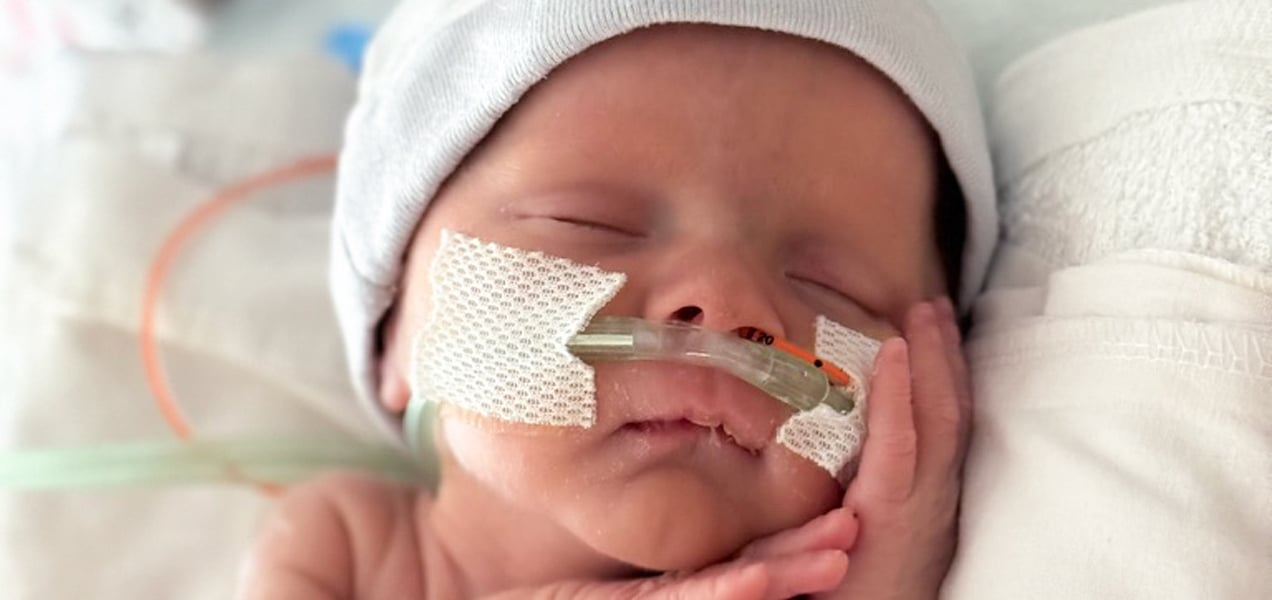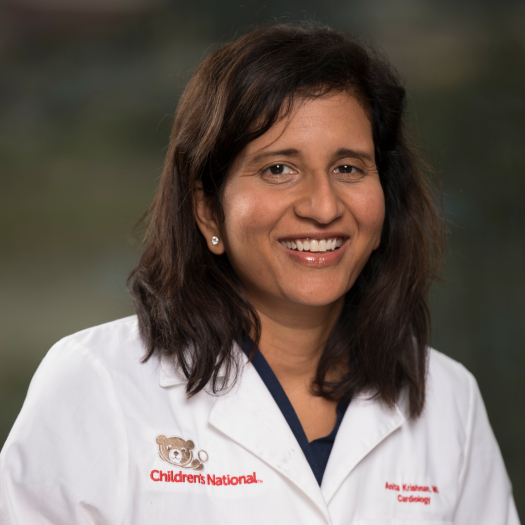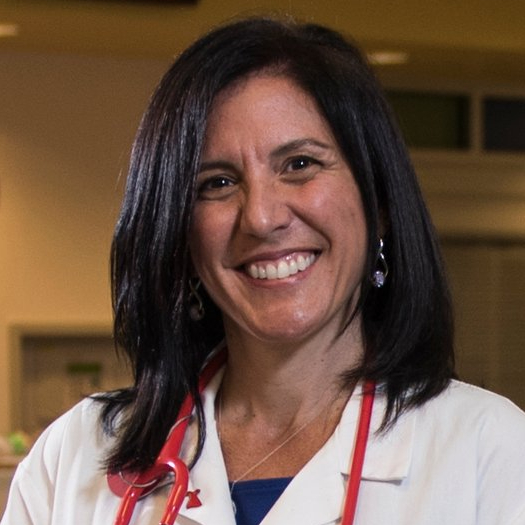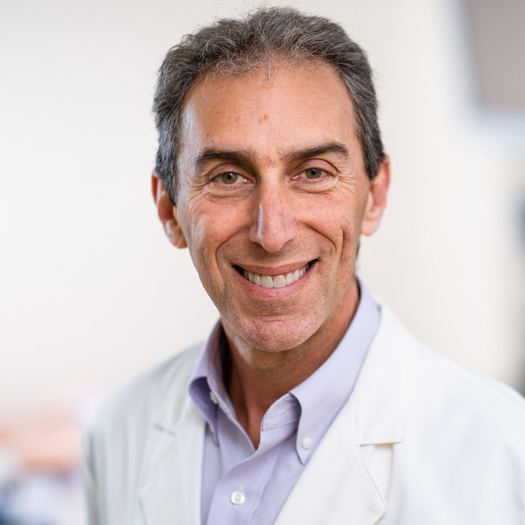
Mending a Broken Heart

Abby is a smiley baby who loves to play peek-a-boo with her sister, Ruby. “We marvel that she is perfectly healthy,” says her father, Dan. He and wife Kelsey love to linger over ordinary moments. Her given name, Abigail, means “a father’s joy.”
When Kelsey was 18 weeks pregnant, she and Dan learned their baby had signs of heart injury which led to a dangerous rhythm problem called complete heart block. The previous year, their infant son died from the same condition, which was discovered too late. The family prepared for another loss. But early detection of the problem and advanced care that started in the womb made all the difference for Abby.
Children’s National Hospital prenatal cardiology experts began monitoring Abby’s development from the earliest possible moment and were able to intervene before devastating injury occurred.
Before Abby’s diagnosis, in light of the previous pregnancy, Kelsey enrolled in a clinical trial. The research sought a better way to identify and treat the heart condition Abby was at risk for. Anita Krishnan, MD, a pediatric cardiologist and clinician scientist, met the family during their initial visit and arranged a monitoring plan that included frequent visits to make sure Abby’s heart was working normally.
Soon after Kelsey’s first visit, doctors noted a problem. Mary Donofrio, MD, FAAP, FACC, FASE, a leading pediatric and fetal cardiologist and The Van Metre Companies Professor of Fetal Cardiology, led the team that initiated lifesaving in utero therapy, followed Abby’s progress in the womb and planned for her arrival. The goal was to extend the pregnancy for as long as possible so she would survive birth and the heart surgery that would follow.
Abby’s prognosis improved as weeks passed. As a newborn, she would be a candidate for an infant pacemaker the size of a penny. It would help regulate her heartbeat and enable her to live a “normal” life.
Kelsey, Dan and their team met with Charles Berul, MD, emeritus chief of Cardiology and The Van Metre Companies Professor of Cardiology. There was uncertainty about whether Abby’s heart was too damaged for the pacemaker to work, but Dr. Berul, who has spent decades refining designs for this type of device, expressed confidence. Abby would be the world’s 27th infant to have one implanted, the fifth at Children’s National.
Departments that Treated
Care Team
This is a carousel. Use Next and Previous buttons to navigate, or jump to a slide with the slide dots.


Be the Reason a Child Smiles
Every day at Children’s National Hospital, lives are changed through compassionate care and groundbreaking discoveries. Your charitable donation helps us deliver expert treatment and hope to thousands of children and families.
Meet the patients whose stories inspire us—and see the difference your support makes.






